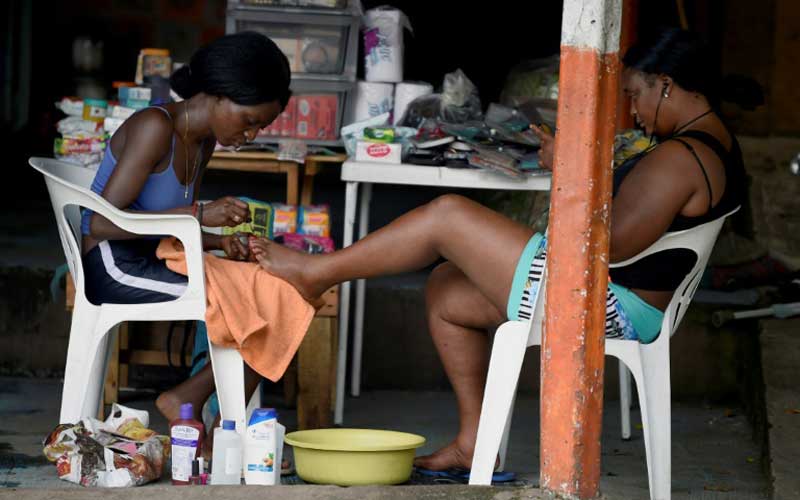×
The Standard e-Paper
Stay Informed, Even Offline

A determined clutch of Haitians and Africans have set up an impromptu village outside the Century XXI migrant detention center in southern Mexico, hoping to defy the worsening odds and reach the United States.
Sleeping on the ground or in dirt-cheap hotel rooms, selling manicures, metalwork and home-made food to get by, these several dozen migrants -- once a tiny drop in the sea of mostly Central American travelers trekking north -- suddenly stand out in the border town of Tapachula.